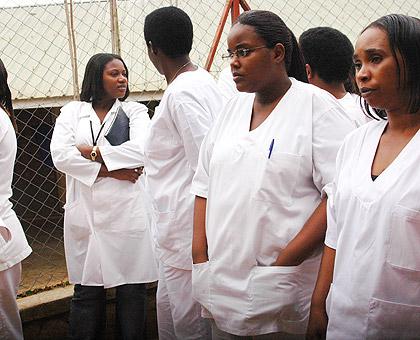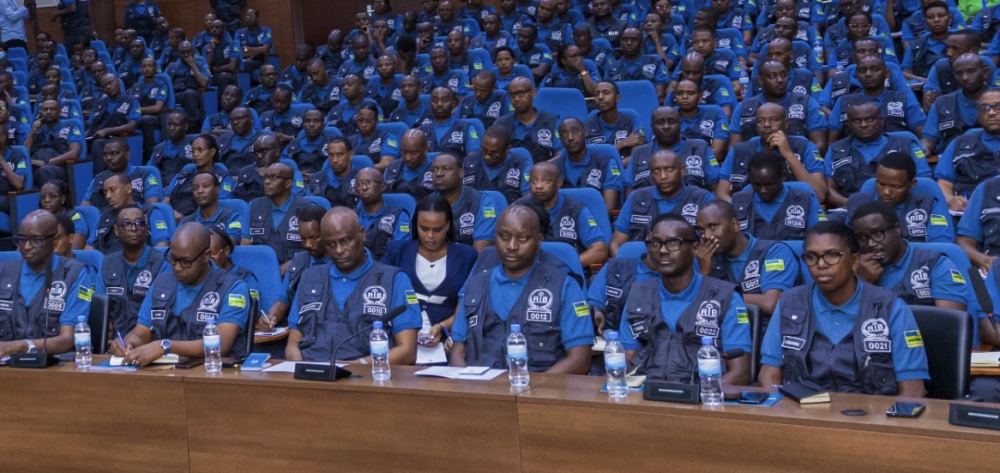As Rwanda yesterday joined the rest of the world to celebrate the Midwives Week, there is still a shortage of midwives in the country, it has emerged.


As Rwanda yesterday joined the rest of the world to celebrate the Midwives Week, there is still a shortage of midwives in the country, it has emerged. According to Josephine Murekezi, the Chairperson of the Rwanda Midwives Association, only 500 midwives are registered with the Nursing Council yet the number of women giving birth in health facilities is increasing. "Another key challenge is that there are no midwives at the community level. They are all deployed in health facilities yet it would be very helpful if we had some at community level as well,” she said.Murekezi added that there were only six midwifery schools in the country saying there was need for more.However, she noted that the few who are around are doing a great job in helping pregnant women, adding that government has also been very supportive.Murekezi said soon the number was likely to increase to over 700, adding that they have also managed to have in-service training for midwives to help them improve their skills.Consolee’ Maribori, a Midwife at King Faisal, noted that the hospital had 36 midwives yet they get an average of over 100 women per month who come to give birth."Our number at King Faisal could seem to be good compared to other health facilities. We still have few people joining this vital profession that guarantees safety of mothers and babies during childbirth,” Maribori said. She added that many people still confuse midwives for nurses yet they play different roles. She said that some people, due to this confusion, still give birth from health facilities but with the help of nurses ,who might not be qualified enough.According to Maribori, a pregnant woman in labor is attended to by two midwives at King Faisal hospital which might not be the case at other health facilities according to Maribori.She urged more people to take up this profession, adding that it isn’t as stressful as most perceive it.A preliminary report of the 2010 Rwanda Demographic and Health Survey (RDHS) indicates that the percentage of babies delivered in conventional health facilities has substantially increased.Figures show a significant increase from 52 per cent in 2007-2008 to 69 percent in 2010 when the RDHS data was collected.The survey indicates that 82 per cent of births among women in urban areas were delivered in modern health facilities compared to 67 per cent among rural women.






